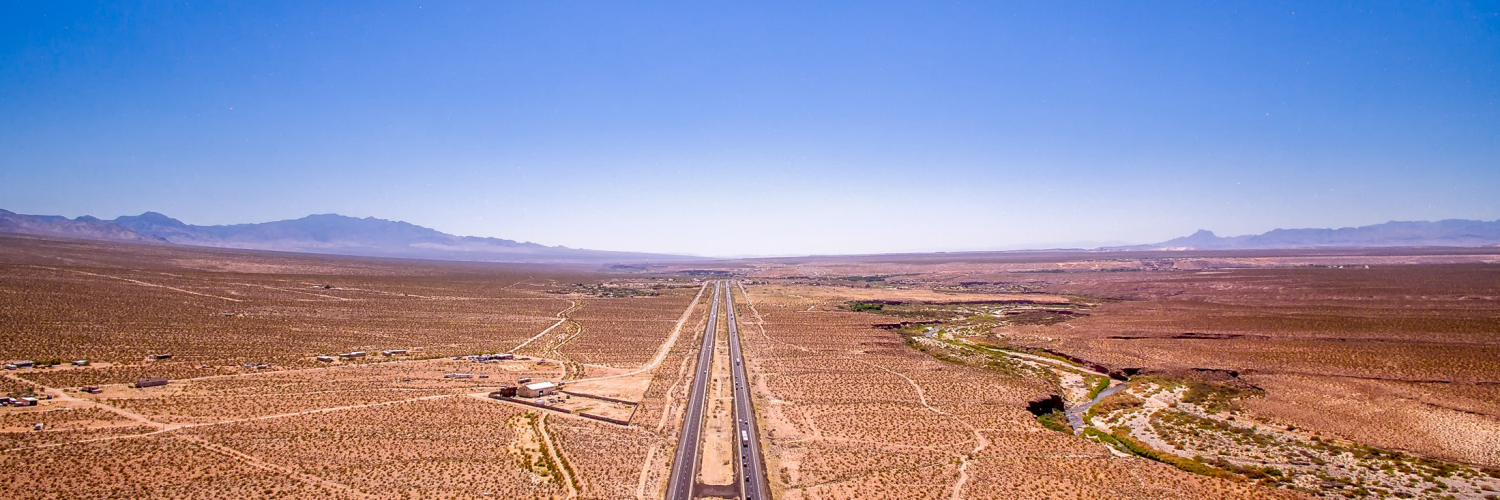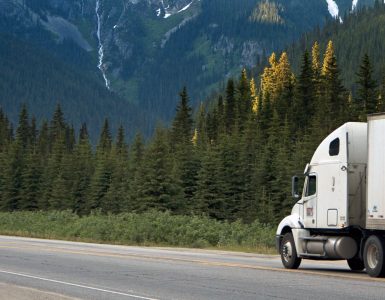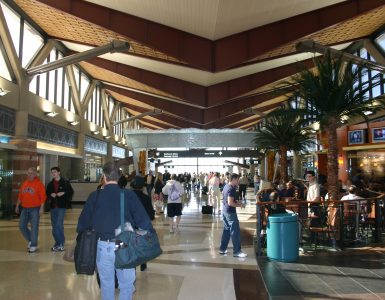As the coronavirus spreads outward from Arizona’s urban centers, rural towns and cities have been practicing social distancing for weeks as a preemptive strike.
The stakes are high. Arizona’s rural areas tend to have more low income and elderly residents. Rural hospitals and health care facilities, many struggling financially, may not be equipped to handle a serious outbreak.
Businesses statewide are dramatically curtailing operations. Municipal coffers are squeezed. Community leaders also are feeling pressure on all sides as they plot when they can safely reopen their economies and save most of their businesses.
For now, many mayors and tribal leaders are saying it’s still too soon. But opening commerce back up could start in the next few weeks.
As the virus starts to flatten out, recovery will be gradual.
Last week, Gov. Doug Ducey took the first step, announcing that hospitals and health care facilities can start performing elective surgeries if they meet certain “preparedness” criteria. This would allow patients in need of surgery to get treatment they need. It would provide much-needed revenue for all health care providers that were ordered to increase bed capacity and preparedness for a potential serious outbreak.
Under the new order, hospitals, dental offices and other health facilities can resume conducting elective surgeries May 1 if they can show they have implemented measures designed to keep health workers and patients safe.
A balance between saving lives and saving livelihoods
As the stay-at-home order stays in effect, mayors in rural counties like Doug Nicholls of Yuma and Arturo Garino of Nogales are publically calling on citizens and businesses to continue taking precautions.
Nicholls is urging citizens and businesses to “double down” on social distancing.
“We need to focus on that as a community to get our businesses open because we haven’t
peaked yet,” said Nicholls at a meeting to discuss economic recovery with public and private officials recently.
Mayor Garino is taking to the airwaves in English and Spanish to ask the community to follow Gov. Ducey’s order to, “Stay home. Stay healthy. Stay connected.”
Garino is public messaging to remind citizens to wash their hands, not touch their faces when they go out, and other precautions.
“If you do go to the store, please go by yourself. Don’t take the whole family with you,” Garino says on a video posted on the city’s website. “We have to look at our surroundings and be connected to what’s happening around us.”
Tensions high
No one wants a repeat of the lifesaving battle taking place on the Navajo reservation where COVID-19 made a deadly entrance last month, spreading quickly where people were believed to be exposed at a church event.
As of Saturday, the nation, which spans multiple counties in Arizona, New Mexico and Utah, had confirmed 1,540 cases. Fifty-eight people have died.
So far, most rural counties and tribal nations have seen few deaths.
In countries like Gila, Graham, Greenlee and La Paz, there are less than a handful of confirmed COVID-19 cases. But their economies are straining under stay-at-home orders.
In the Lake Havasu area that relies on tourism, Lake Havasu Area Chamber of Commerce President Lisa Krueger stated that the order could be devastating for Havasu’s service industry.
“Every business is at risk,” Krueger told Havasu News after two cases were confirmed in Mohave County last month, resulting in social distancing across Mohave County. “This has never happened in Havasu before, and we don’t know how this will affect us in the long term.”
Tensions have been high. In Lake Havasu City — and towns and cities everywhere — police continue to respond to calls that some public places are not abiding by the order. Duel petition drives to keep nearby Lake Havasu open or closed have circulated, dividing the community.
For now, the lake remains open under the jurisdiction of eight local, state, tribal and federal agencies. Even so, tourism and camping numbers are far below average. Events are being canceled.
Lake Havasu’s new casino, resort reopening canceled
Last week, Chemehuevi Tribal Chairman Charles Wood announced that the tribe is delaying a planned reopening in early May of its new Havasu Landing Resort and Casino on the lake.
Chairman Wood said he wanted to avoid any “lingering possibility of a second outbreak of the virus.”
The tribe’s action to abide by the shelter order may have saved lives, he said.
“It is imperative that we wait and flatten the curve as much as possible so we do not reopen only to have to close once again,” Wood said. “We cannot predict when sanctions will be lifted, so let’s all do the best we can. We want to emerge in a safe and sustainable way.”
Second Paycheck Protection Program may ease anxiety
Some of the anxiety being felt among small businesses across the state could ease some with the announcement that the federal Paycheck Protection Program (PPP) has reopened for a second round to help businesses hurt by the pandemic. Businesses can apply for forgivable loans to pay for up to two months of operating costs like payroll, rent and utilities.
Many small businesses felt shut out of the first round that quickly ran out of money, said John Courtis, executive director of the Yuma County Chamber of Commerce.
“The frustration is mounting from Main Street Yuma that many businesses got shut out of the first round of the PPP, and many of them have not received their stimulus check,” Courtis said. “Many that I have talked to are losing confidence in the system and feel it is rigged against them. We are doing our level best to communicate a calm future.”
Courtis said it has been heartbreaking to see how many small businesses have been hurt, particularly in border towns like San Luis where the border’s port of entry has cut back hours because of the coronavirus.
Several San Luis businesses made the decision to close for good, he said.
A member survey completed Thursday indicates that 5 percent of businesses will not be able to reopen after the stay-at-home order is lifted, he said. Nearly 80 percent said with the proper safety protocols in place, they would be ready to open May 1.
Rural chambers rush to aid broken businesses
Chambers of commerce have been rushing in to help their members, connecting them to loan programs, grants, financial assistance and other resources. They are helping connect them with loan institutions, and hosting virtual meetings and trainings with members.
“Everyone is working overtime to keep this liquidity moving and to make sure businesses will be here in the long run,” said Julie Pastrick, president and CEO of the Greater Flagstaff Chamber of Commerce.
The chamber has opened two web portals to help local businesses understand all the government assistance and other programs available. It also has joined forces with the Arizona Small Business Association, Arizona Commerce Authority and Arizona Chamber of Commerce and Industry to provide a website that gives novice and experienced businesses support in getting approved for the second round of PPP funding.
Pastrick said the impact in Flagstaff has been tough as retail, restaurants and hotels face closure and major attractions shut down.
The Arizona Snowbowl in Flagstaff, which generates $50 million into the local economy each year, was closed at the peak time for the season, April 1. Ninety minutes north of the city, Grand Canyon National Park closed April 1. Normally, the park welcomes 6.3 million visitors that spend $947 million in nearby communities.
A look at communities across the state reveals that every situation is different:
Mining towns could be impacted
Across the state, large industries are also being affected. For example, the largest employer in Greenlee County, Freeport-McMoran, the owner of the Morenci Mine, is reducing its operating expenses worldwide due to the pandemic.
According to a news release issued Friday, Freeport states that revised operating plans for 2020 will result in a $2.2 billion reduction in estimated operating costs, capital expenditures and exploration and administrative costs. Layoffs and furloughs are expected.
Border communities lose revenues as cross traffic restricted
Border communities like San Luis and Nogales are suffering from lost revenues as businesses close during the pandemic. Border crossing hours have been reduced and traffic restricted to slow the spread of the virus.
A flare up of COVID-19 in San Luis Rio Colorado, Sonora, Mexico, which borders San Luis, is stoking fears.
Yuma-area border mayors and elected officials are speaking virtually with federal agencies seeking support including testing that can be made available at the border for those traveling into the U.S.
Meanwhile, the shutdown of small businesses and restricted borders are draining the economies.
City collections are dropping, Nogales Mayor Garino said. When the sheltering order came, Nogales businesses were still recovering from the border restrictions placed during the migrant humanitarian crisis during the past year.
The Nogales-Santa Cruz County Chamber of Commerce is taking various approaches to help businesses revisit their business plan by creating various strategic plans that can help sustain business in the upcoming months, chamber officials said Friday.
Summer fun put on hold, second home owners asked to stock up
Other smaller towns that rely on tourism like Payson are slashing their budgets as revenues from tourists and visitors are being lost.
Many outdoor areas have been shut down. Some are advising visitors to delay plans and second home owners to stock up on supplies before leaving home.
On April 18, the Pinetop-Lakeside Chamber of Commerce issued a letter to visitors and second home owners to stock up before they come for an extended stay due to limited supplies at grocery stores and limited services at restaurants.
The chamber also is encouraging potential visitors to wait until “this crisis has subsided.”
“This virus has spread very quickly and until Arizona is successful in controlling the spread, we ask you to do the right thing and delay your visit until it is safe to come. We will be waiting to welcome you with open arms at that time.”
While every city and town is feeling the impact, local officials report many industries and jobs remain intact.
Yuma agricultural finished the season with sigh of relief
In Yuma, the agriculture sector supplies almost all of North America’s green leafy vegetables in winter months. As the stay-at-home order went into effect, Yuma farmers were finishing their last harvest of the season. Economic harm from the virus has been minimal. Strenuous measures to protect laborers are in place, Mayor Nicholls said.
“We see that workers and business leaders in these industries are rising to meet unprecedented challenges by maintaining high food safety standards and protocols,” the mayor said.
City leaders’ bigger concern is for restaurants, bars, gyms, and retail that have been impacted by closures.
Nicholls is hosting virtual Zoom meetings to talk with local Yuma business owners to gather feedback on what they believe needs to be included in the governor’s plan to re-energize the economy.
“There is no one-size-fits all approach, and it is key for me to listen to different business impacts and viewpoints so we work unitedly on the next steps,” said Mayor Nicholls. “From the meetings with business owners in Yuma, I gathered valuable input to give to Governor Ducey, as he requested, and will continue to host these meetings in our community. We look forward to energizing the economy, and to support our local business efforts to keep their employees and customers’ wellbeing a mainstay.”
















Add comment